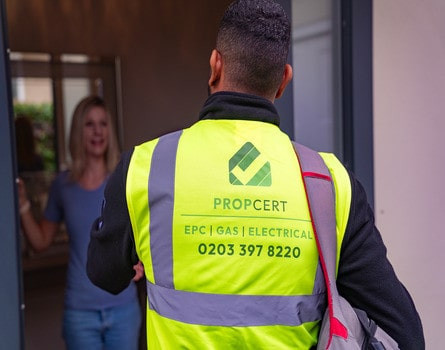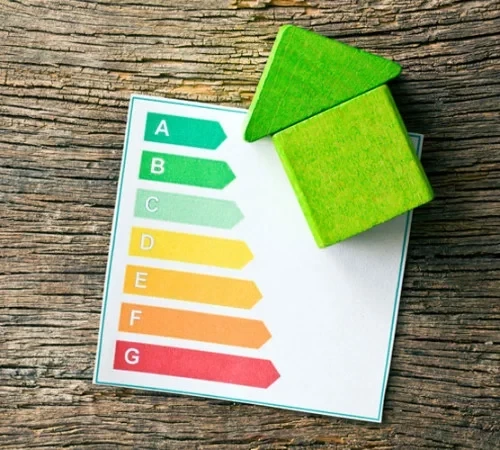The Vital Role of Energy Performance Certificates
For assessing and reporting on the energy efficiency of a building or a property, an Energy Performance Certificate or EPC is a useful tool. Energy data of a building and its energy costs and efficiency are disclosed to the owners, occupants, and those interested in purchasing the property. The energy performance certificate is derived from the building’s energy rating which is a scale of A to G that indicates how well the building uses energy relative to other buildings of the same size and type. Moreover, this rating is provided with the property-specific suggestions on further improvements in efficiency.
Carried out by certified evaluators using standard procedures and software, EPCs function as a decision aid and a driving force for the reduction of energy consumption and the improvement of ecological performance. Energy Performance certificates (EPCs) play a significant role in advancing sustainability goals by promoting energy efficiency and enhancing market transparency, both activities that are required in many jurisdictions when acquiring properties.
Services
EPC services, which are involved in real estate transactions and sustainability plans, provide information on the efficiency of a building’s energy use. To obtain information on the key factors affecting the energy characteristics of premises, including the materials used in construction, heating systems, insulation, and lighting, qualified assessors conduct inspections of premises.
Energy performance certificates are issued by assessors who use specific software and methods to estimate the property’s efficiency rating on the scale ranging from A to G. Apart from providing an objective opinion on the energy efficiency of a given facility, the EPC also provides recommendations on the ways of enhancing efficiency and reducing costs.
Besides, compliance with the regulations, the EPC services contribute to the enhancement of the market transparency as the prospective buyers, tenants, and property owners get useful information about the energy consumption and environmental impact. EPCs play a role of enhancing both economic and ecological objectives in the built environment through the provision of sustainable practices and energy efficient solutions.

Domestic Energy Performance Certificates
An EPC or an Energy Performance Certificate is one of the most effective means of quantifying and disseminating information on a home’s energy efficiency. A certified energy performance certificate is one of the important data that homeowners, tenants, and potential buyers of a property should know. The energy efficiency rating within an EPC is one of the key components and is laid out in a scale from A (very efficient) to G (very inefficient). Besides this rating, EPCs also include recommendations on other upgrades that can be made for better energy efficiency such as the installation of more efficient insulation or heating.
As it is the case in many countries, Domestic EPCs are necessary when property is sold but they also provide the information that people need in order to make the right decisions as far as energy consumption and its effects on the environment are concerned. The household EPCs are beneficial for enhancing sustainable living habits and the quality of homes by encouraging energy efficiency and raising housing market transparency.

Commercial Energy Performance Certificates
Offices, shops, warehouses, and other public utility buildings are strictly assessed and reported on their efficiency in using energy through Commercial EPCs. It is required to attain these certifications to conform to the laws in many countries, such as the United Kingdom and all of Europe. The commercial EPCs are done by accredited assessors through standard methods and recommended software.
The results give an impartial assessment of the building’s energy efficiency, normally between A (very efficient) and G (very inefficient). Besides the rating, EPCs contain recommendations for the measures that could be taken to increase the energy efficiency of the building. Such recommendations could be as follows; the installation of renewable energy systems, repairing the leaks in the HVAC system or increasing the insulation value. These suggestions are made with the twin objectives of enhancing the commercial properties’ attractiveness to tenants and decreasing their running costs and emissions.
Commercial real estate EPCs assist in the attainment of environmental objectives since they enhance energy effectiveness and disclosure, and aid organizations to adhere to legal requirements and operate efficiently.








Leave a Comment